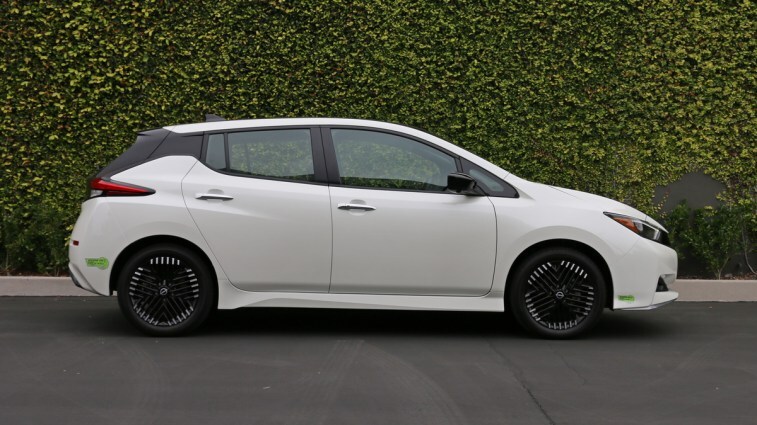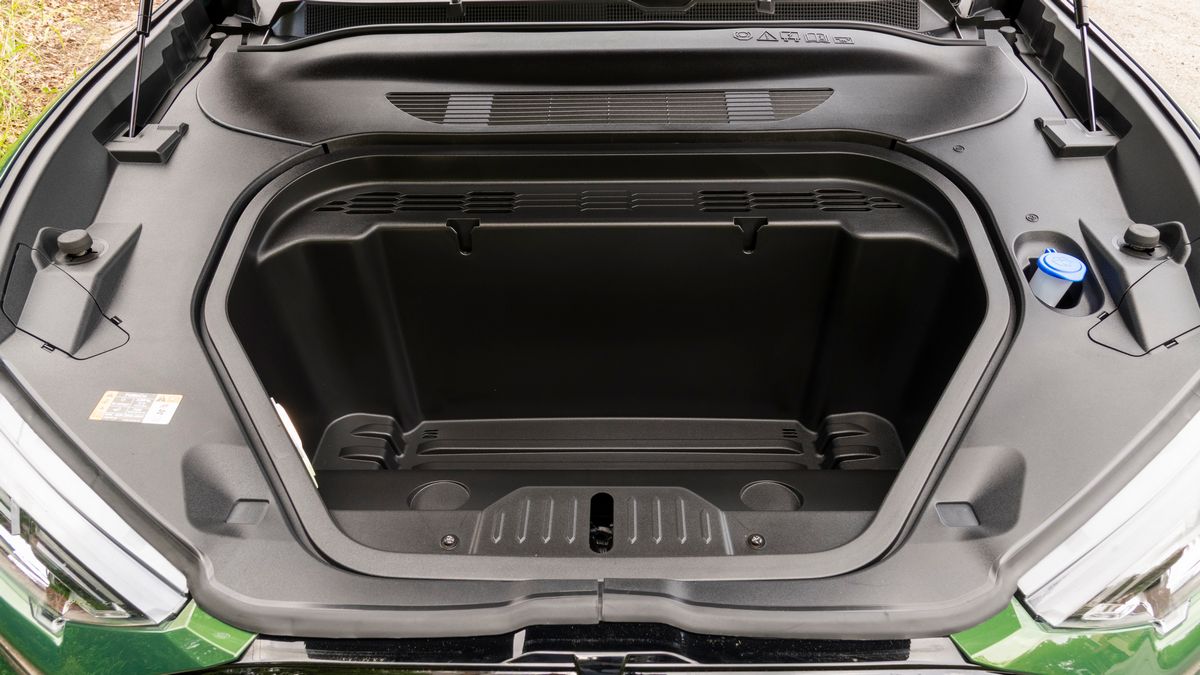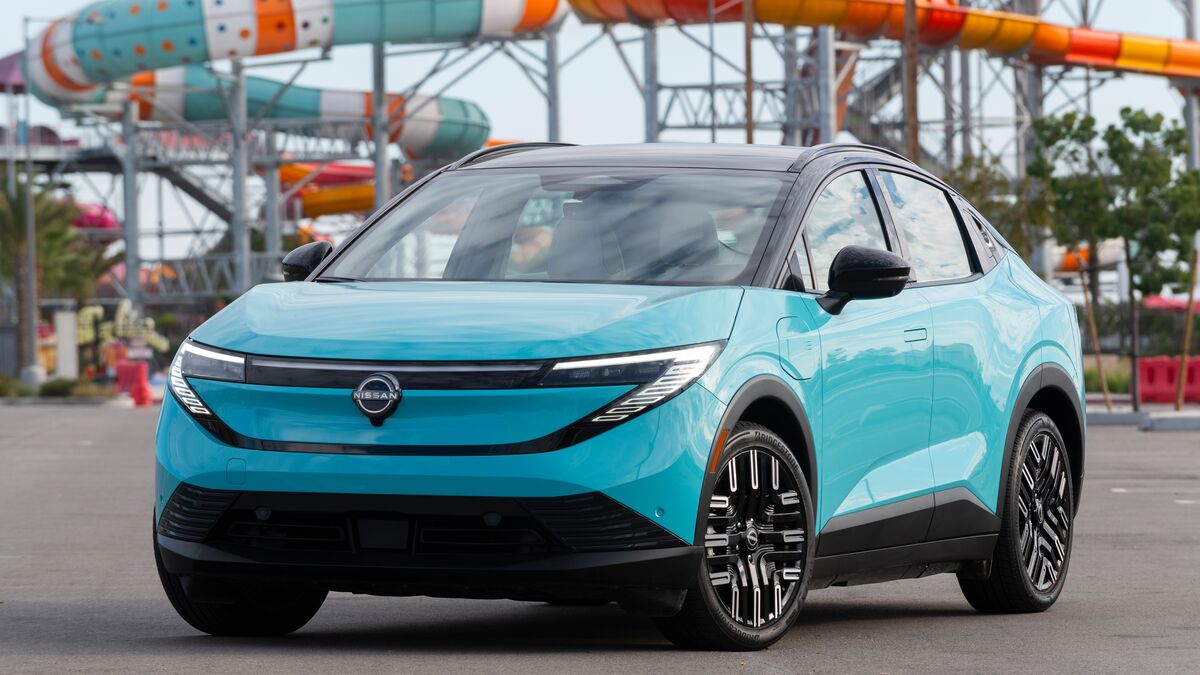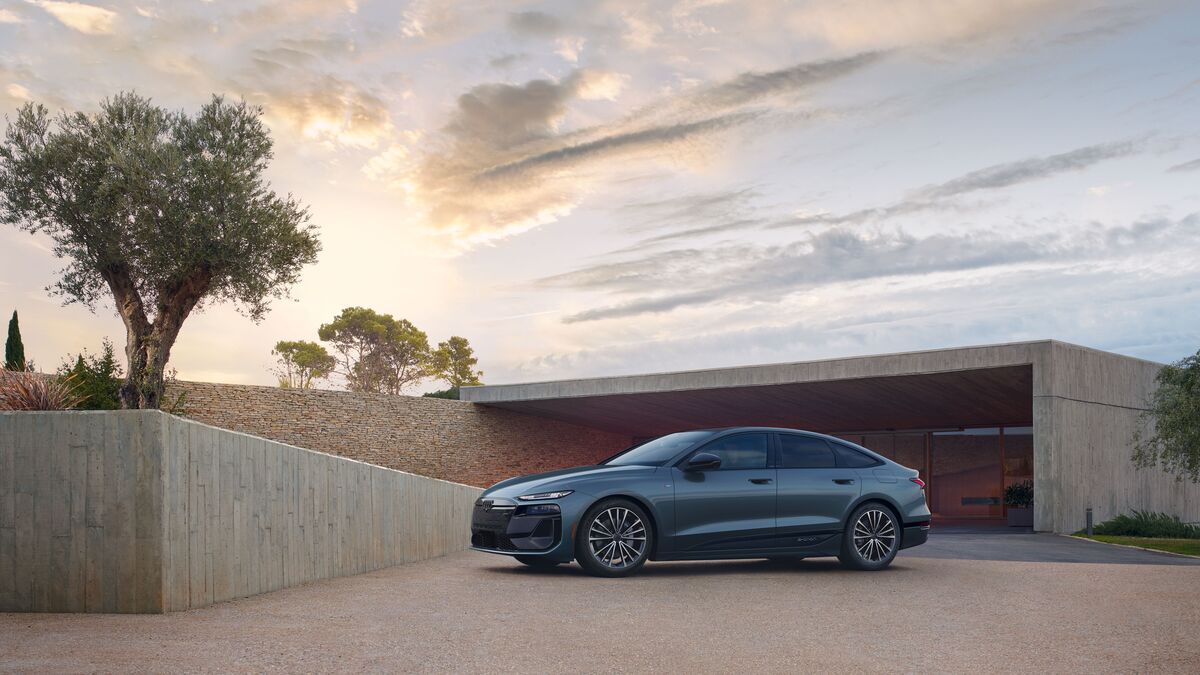
Nissan will try to lure shoppers to lease the Leaf instead of buying with a new offer.
The company has dropped monthly payments on a 36-month lease to $309 — $20 less than the same offer earlier this week. The downpayment required to start the lease has dropped more than 20% to just $1,999.
Why can Nissan make the offer? Because lessees still qualify for $7,500 off the purchase price, even though buyers no longer do. The IRS considers leased vehicles to be commercial sales. In tax authorities’ eyes, the dealership qualifies as the buyer of a leased car. That gives leased vehicles access to a different, looser set of tax credit rules applying only to commercial buyers.
The Leaf is the oldest EV nameplate on the market, having started sales in late 2010. This latest generation debuted for the 2018 model year. It offers up to 212 miles of range, Apple CarPlay/Android Auto smartphone integration, and a smartphone app that lets owners monitor the battery and control charging settings.







